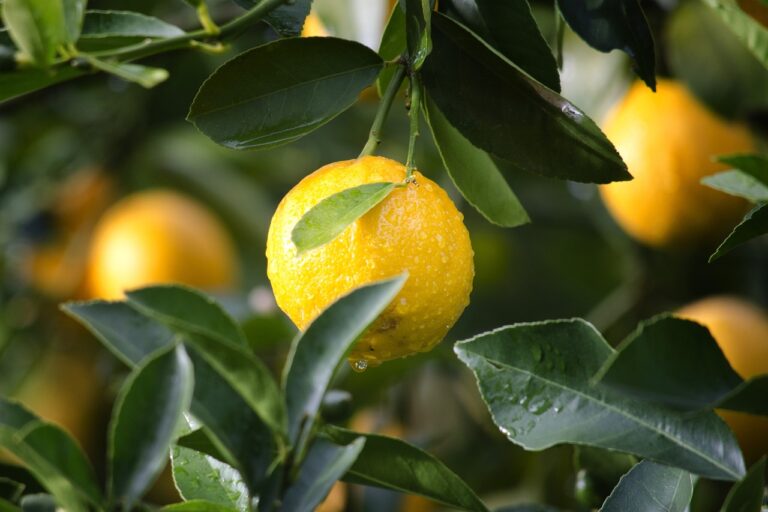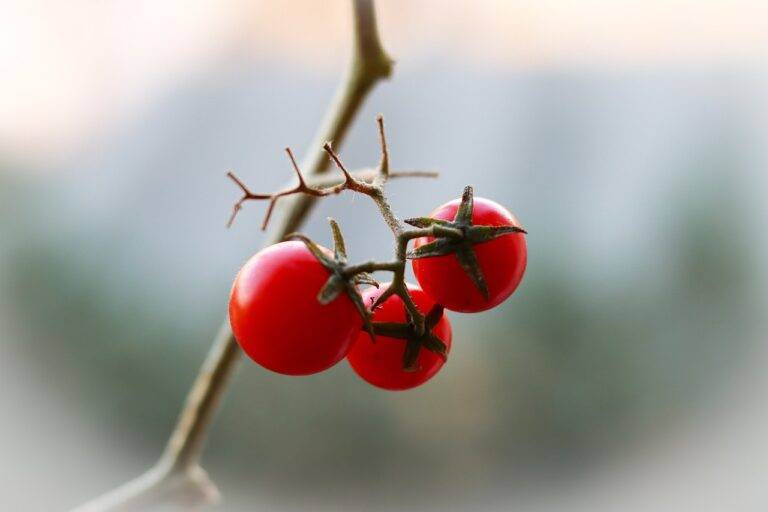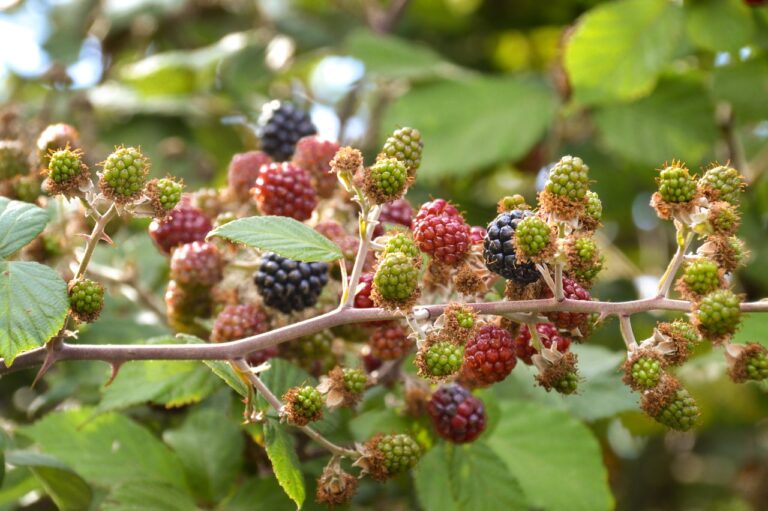Exploring Fermented Foods: Kimchi, Kombucha, and More
Fermented foods have been a staple in many cultures for centuries, prized for their unique flavors, health benefits, and preservation properties. From tangy kimchi to fizzy kombucha, there is a wide variety of fermented foods to explore and enjoy. In this article, we will delve into the world of fermented foods, exploring the history, health benefits, and how-to guides for some popular fermented foods like kimchi, kombucha, sauerkraut, and more.
The Art of Fermentation
Fermentation is a process that involves the breakdown of carbohydrates by microorganisms like bacteria, yeast, or fungi. This process produces beneficial compounds like lactic acid, which not only preserve the food but also impart unique flavors and textures. The art of fermentation has been practiced for thousands of years, with many cultures around the world incorporating fermented foods into their diets.
Health Benefits of Fermented Foods
Fermented foods are not only delicious but also packed with beneficial nutrients that support gut health and overall well-being. Some of the key health benefits of fermented foods include:
- Improved digestion: Fermented foods contain probiotics, which can help balance the gut microbiome and improve digestion.
- Boosted immune system: The beneficial bacteria in fermented foods can help strengthen the immune system and reduce inflammation.
- Enhanced nutrient absorption: Fermentation can increase the bioavailability of nutrients in foods, making them easier for the body to absorb.
Popular Fermented Foods
Kimchi
Kimchi is a traditional Korean dish made by fermenting vegetables like Napa cabbage, radish, and scallions with a blend of seasonings like garlic, ginger, and chili pepper. Kimchi is known for its spicy, tangy flavor and is a great source of probiotics and antioxidants.
Kombucha
Kombucha is a fizzy, fermented tea drink that is made by fermenting sweetened tea with a symbiotic culture of bacteria and yeast (SCOBY). Kombucha is prized for its tangy, slightly sweet flavor and is a popular choice for those looking to add more probiotics to their diet.
Sauerkraut
Sauerkraut is a type of fermented cabbage that originated in Germany. It is typically made by fermenting shredded cabbage with salt and other seasonings. Sauerkraut is known for its sour, tangy flavor and is a good source of vitamins C and K, as well as beneficial bacteria.
How to Make Fermented Foods at Home
While you can find a wide variety of fermented foods at your local grocery store, making your own fermented foods at home can be a fun and rewarding experience. Here are some basic steps to get you started:
- Gather your ingredients: Depending on the fermented food you want to make, you will need vegetables, salt, seasonings, and a fermentation vessel.
- Prepare your vegetables: Wash and chop your vegetables as needed, and mix them with salt and seasonings in a bowl.
- Pack your vegetables into a fermentation vessel: Make sure to press down on the vegetables to release any air bubbles and ensure they are submerged in liquid.
- Let it ferment: Cover the vessel with a lid or cloth to keep out dust and insects, and let it ferment at room temperature for several days to weeks, depending on the recipe.
- Enjoy your fermented creation: Once your fermented food is ready, store it in the refrigerator and enjoy it as a tasty and nutritious addition to your meals!
FAQs
Q: Are fermented foods safe to eat?
A: In general, fermented foods are safe to eat and are considered to be a healthy addition to a balanced diet. However, it is important to practice proper food safety measures when fermenting foods at home to prevent the growth of harmful bacteria.
Q: Can I eat fermented foods if I have a dairy allergy?
A: Many fermented foods are naturally dairy-free, like kimchi, sauerkraut, and kombucha. However, some fermented foods like kefir and yogurt are made from dairy, so it is important to read labels carefully if you have a dairy allergy.
Q: How long do fermented foods last?
A: The shelf life of fermented foods can vary depending on the type of food and how it is stored. Generally, fermented foods can last for several weeks to months when stored in the refrigerator.
Exploring fermented foods opens up a world of flavors, textures, and health benefits that can enrich your diet and improve your overall well-being. Whether you’re a fan of tangy kimchi or fizzy kombucha, there is a fermented food out there waiting for you to discover and enjoy!







